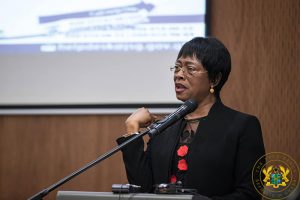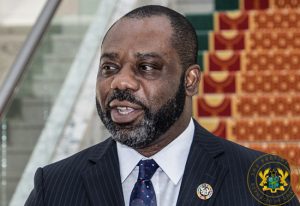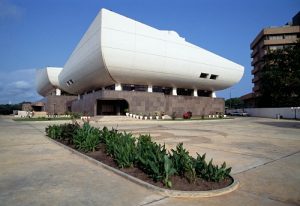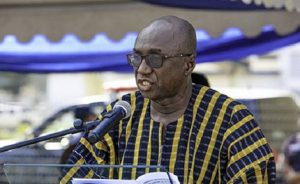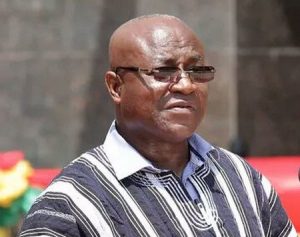The Deputy Ranking Member on the Constitutional, Legal, and Parliamentary Affairs Committee of Parliament, Francis-Xavier Sosu has said the twin challenge of unemployment and economic hardship remains the greatest threat to democracy in Ghana and Africa.
According to him, these factors coupled with breaches of established democratic norms have contributed to the rising loss of confidence in that system of governance by many.
The MP for Madina made these comments in an interview with Citi News after an event to mark the International Day of Democracy in Parliament.
“The twin challenge of unemployment and economic hardships that people are suffering today is actually the foundation of the threats that we have to democracy today in Ghana and Africa as a whole.”
Recent happenings including the mad rush for recruitment into the country’s security agencies and the massing up of teeming youth at the Accra International Conference Centre to seek jobs at a Youth Employment Agency job fair have sparked conversations about the levels of unemployment and the desperation to find jobs in the country.
In a related development, the Moderator of the Presbyterian Church of Ghana, Rev. Professor Joseph Obiri Yeboah Mante, has also said the high rate of the unemployment situation in Ghana suggests a huge deficit in the tertiary education system.
Speaking at the 11th Congregation of the Accra Business School, Prof. Yeboah Mante called for swift educational reforms to address the rising unemployment situation.
“We have become a country of complainers. People finish school, sit there and join an association of unemployed graduates. When that happens, it shows that there is a huge deficit in university education. It will seem to me that, what every university must learn is to create entrepreneurship and innovation to teach people how to get rid of poverty and to create jobs.”
“There should be that kind of thinking so that we will never have people pray and cry to the government to give them jobs. The government provides the enabling environment for jobs to be created, and if you don’t have people whose minds have been trained for these things to happen then the country will have problems, so it seems to me that we need to change how education is done in this country.”


